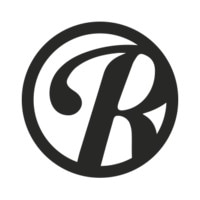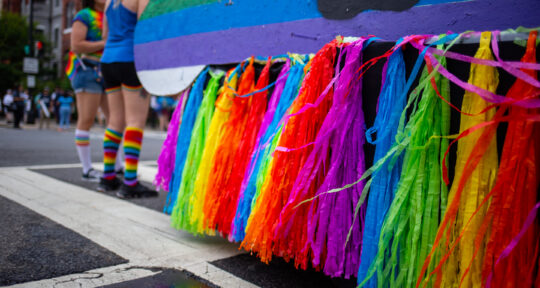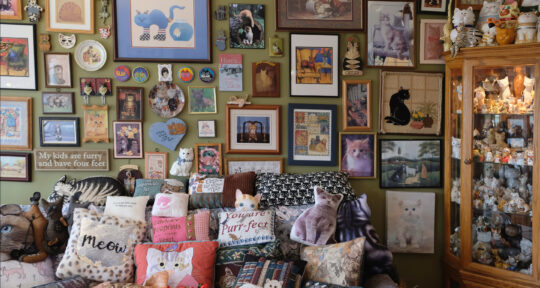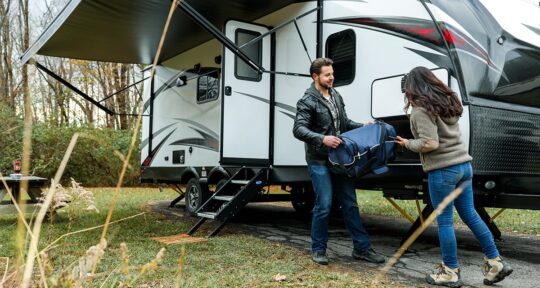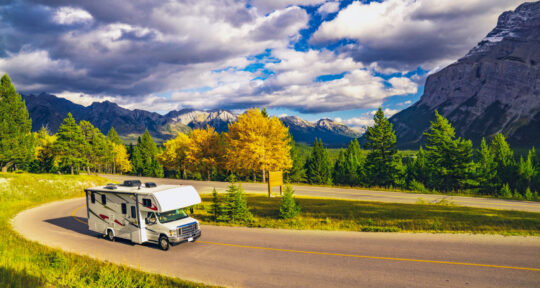A low humming of the country song “Neon Moon” by Brooks & Dunn plays in the background while seven horses, lined up at their hitching posts, are groomed with brushes, shine spray, and mane conditioner. Cowboys are preparing for a 15-mile ride through Los Angeles.
Calvin Gray, one of the cowboys, says this is the song that turned him on to country music after previously only listening to hip-hop. “Country is like the new R&B,” Gray says. “It has meaning and tells a story.”
If not for the buzzing sound of cars and 18-wheelers on the freeway next to the ranch, you could easily be fooled into thinking we’re somewhere deep in the countryside.
Urban Saddles, located in South Gate on the outskirts of South Central Los Angeles, is a community of equestrians fostering youth development in the inner city through the equine experience and the cowboy code of ethics. The nonprofit’s goal is to combat racial inequality through inclusivity, mentorship, education, and character building. “Everyone is welcome to ride here,” says founder Ghuan Featherstone. “We are all one.”
Before moving to the South Gate location, Urban Saddles boarded its horses in Compton, on a ranch called the Hill. For generations, the Hill supported a community of cowboys in the inner city. During times of segregation, it was one of the only ranches that would allow the Black community to rent and board horses.
“There is a deep history with Black cowboy culture,” says Antoine Ellis, a member of Urban Saddles. Charlie Sampson, a ProRodeo Hall of Famer and the first African American cowboy to win a world title in professional rodeo, came from the Hill. The ranch was wiped out in a fire in 2012 and its story is outlined in Fire on the Hill, a recent award-winning documentary featuring Urban Saddles cowboys.
In early June, members of Urban Saddles joined forces with other activists for a “Peace Ride” through Compton to the Martin Luther King Jr. Memorial. Hundreds of protestors marched alongside Urban Saddles, the Compton Cowboys, and other equestrians in opposition to police violence. They were inspired by another resistance ride organized by the Texas group Non-Stop Riderz, whose members grew up alongside George Floyd in Houston’s Third Ward.
The evening of my visit to the ranch, the riders are headed to Watts Labor Community Action Center for the first annual Juneteenth celebration. “People like me could not [always] own a horse,” Featherstone says. “Tonight we ride to celebrate the sacrifices of our ancestors. This is a moment to remember.”
Later this summer, Urban Saddles will host a voter registration drive. “We want to educate the youth to go out and vote,” says Featherstone. “Everyone needs to have their voice heard.”
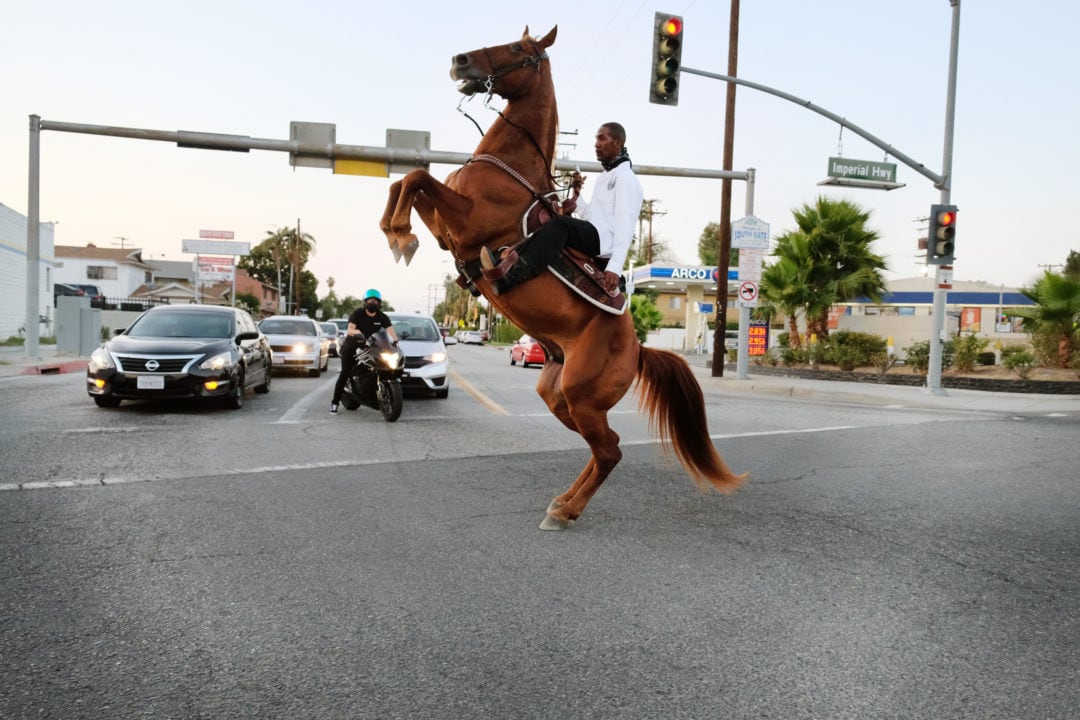
Cowboy Mike and Tex stop traffic on Imperial Highway while rearing up. This Tennessee Walking Horse looks like he’s dancing when he trots. Known for its fancy four-beat hoof movements, the breed originates from the South and was developed for farming on plantations.
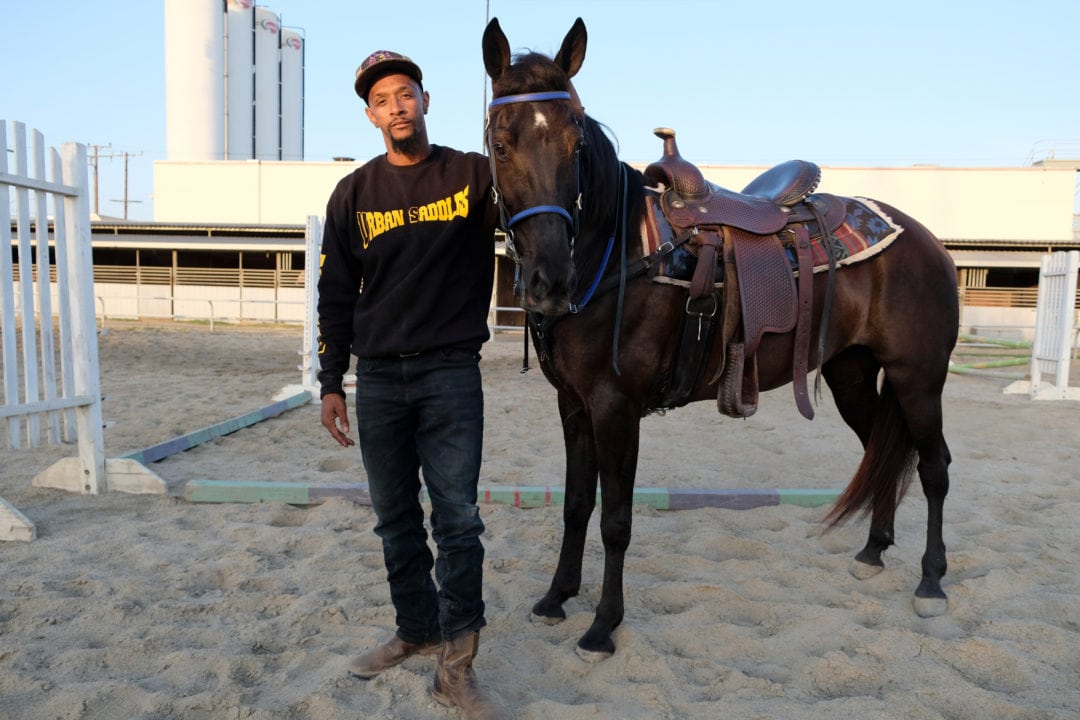
Calvin Gray stands with Dior, an American Quarter Horse. After his first experience riding, Gray says he “fell in love and it took over my whole life.” He likes the lifestyle and the way people treat him when he’s on the horse. When riding through his neighborhood in South Central, people ask to take his picture and invite him to their barbecues. “Now I’m at their party with a plate of food cause I was on a horse,” Gray says. “People act like you’re a king.”
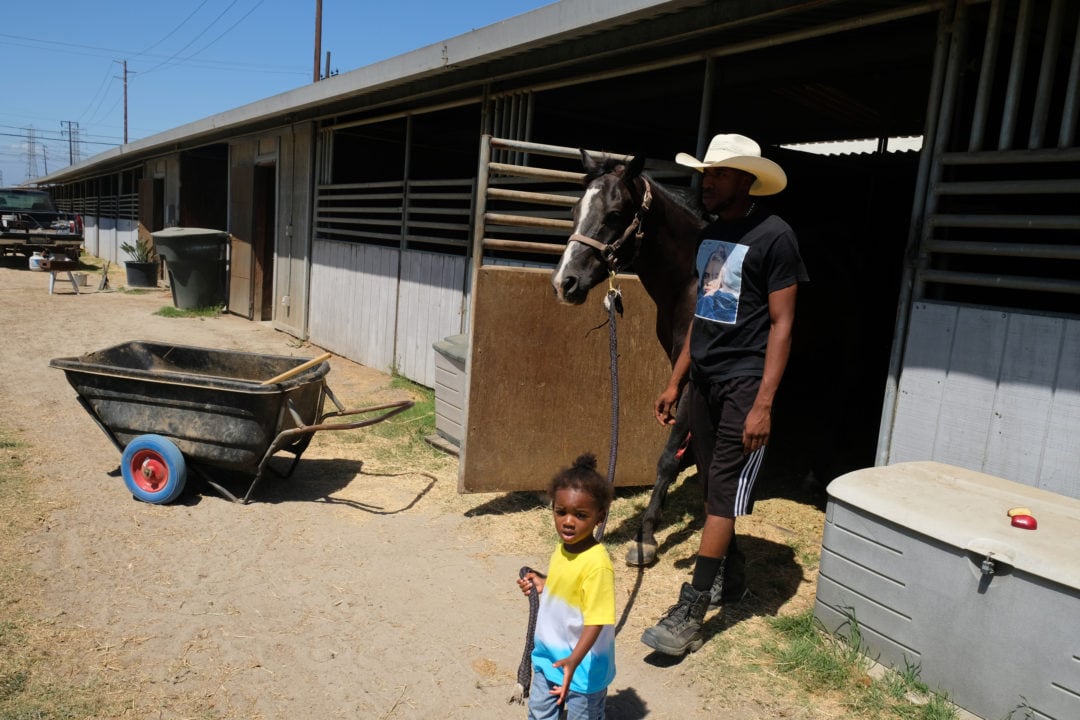
Jacob Ellis, the stable manager, leads a horse to be saddled with his son Messiah. Ellis was taught to ride by his father and is passing on the equine lifestyle to Messiah, who at age 2 rides and helps with chores on the ranch.
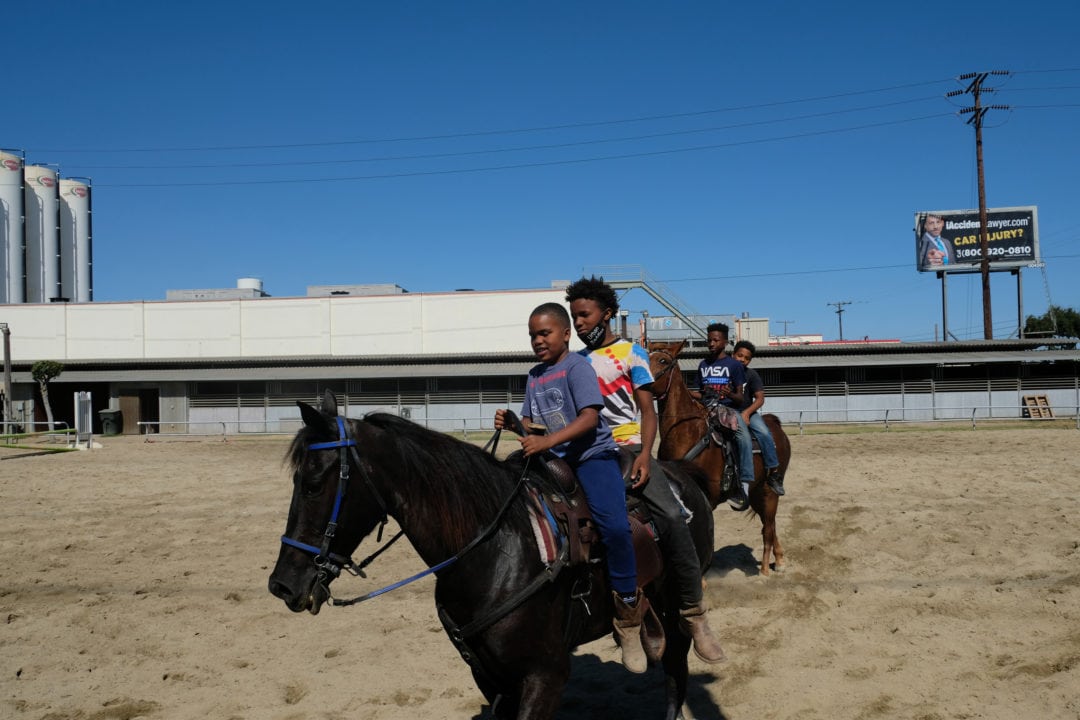
A young generation of cowboys having fun riding tandem in the saddle. Children and grandchildren come by after school and on weekends waiting for their turn to ride.
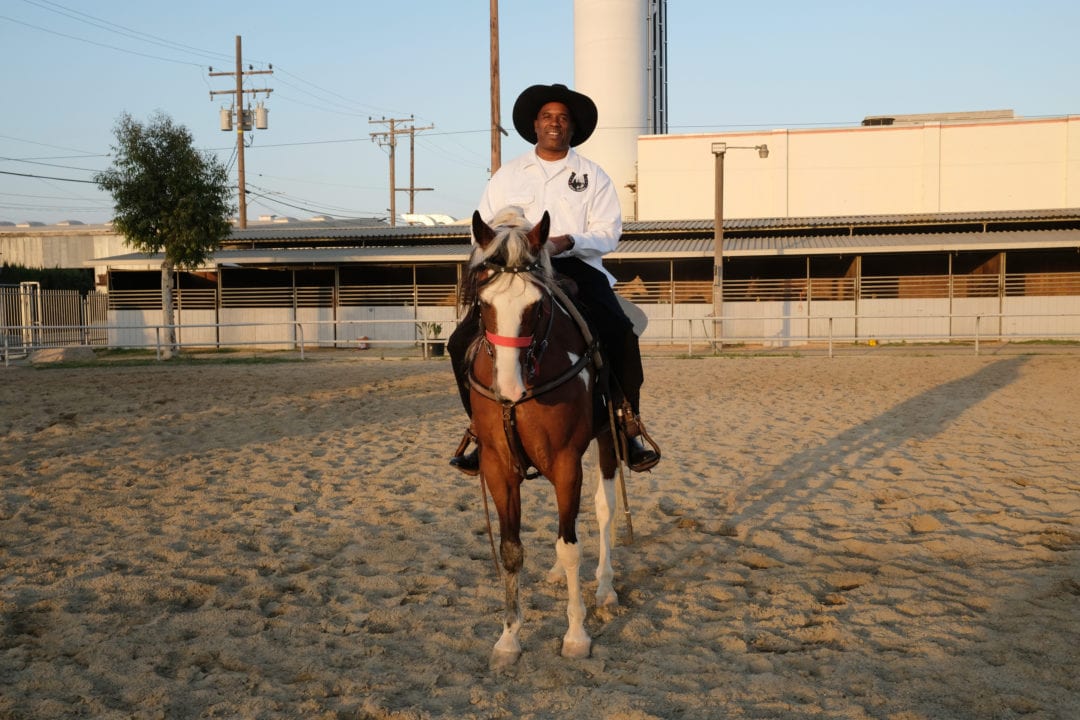
Antoine Ellis has been a cowboy his whole life. “I’m a city boy with a country heart,” Ellis says. He believes the equine community is a bridge to rebuild the inner city and move away from its violent past. Urban Saddles needs fundraising to continue this therapeutic work to help the city’s youth with more programs and workshops. “We will take this as far as God will let it go,” Ellis says.
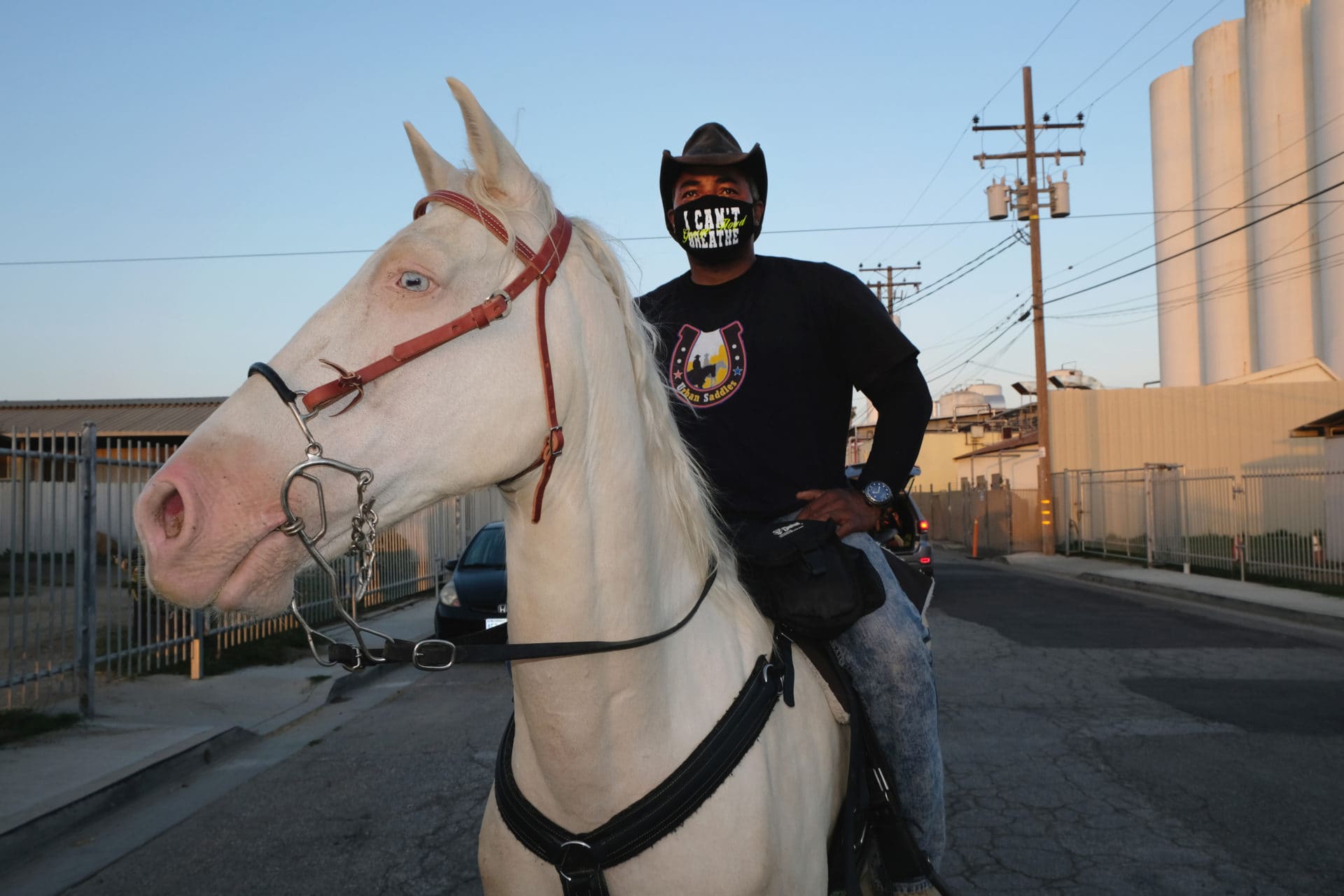
Featherstone and King head out to the Juneteenth celebration. Featherstone wears a face mask to comply with CDC guidelines. The mask is printed with George Floyd’s last words: “I can’t breathe.”
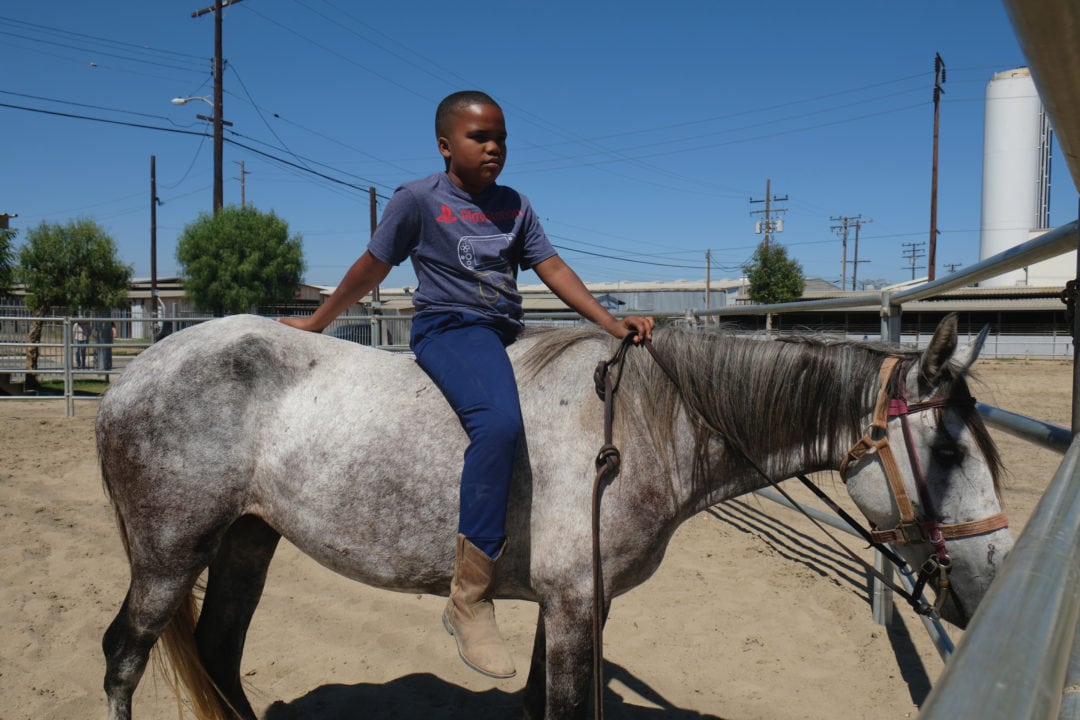
Jordan, age 11, spends time with his new horse Winter. His uncle is a member of Urban Saddles and bought him the horse to share with his cousin. He pets her and says, “She is just a baby now. She’s gonna be a good horse.”
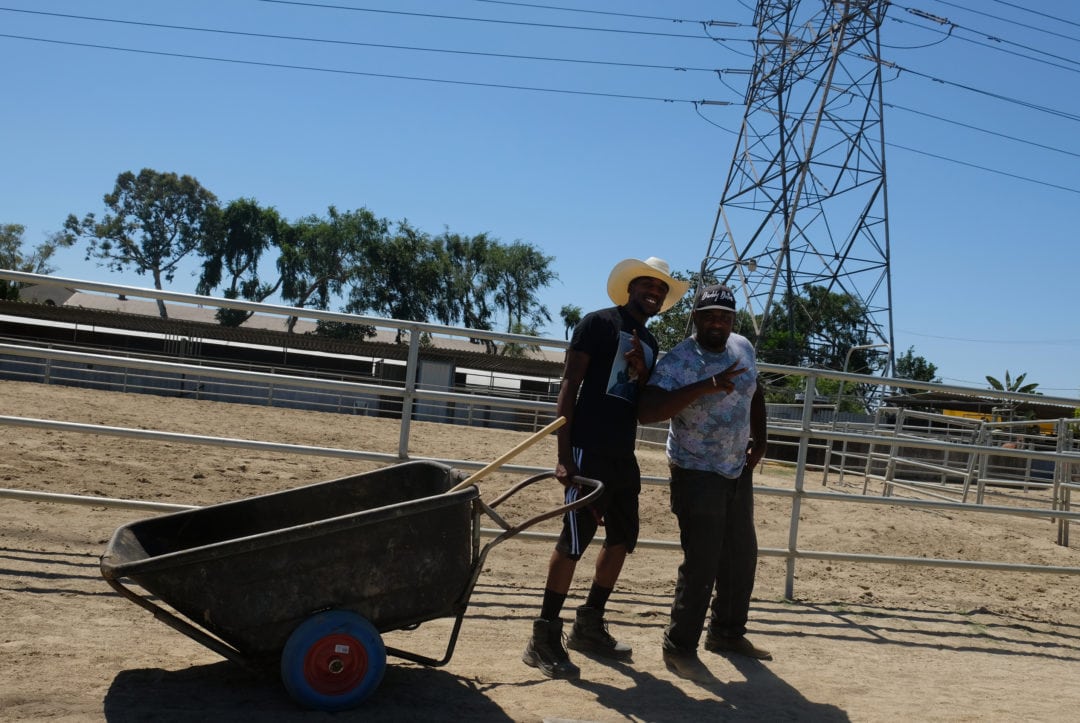
Jacob Ellis and William “Fat Pack” Bias do chores on the ranch. The first thing they teach on the ranch is a strong work ethic. Most of the cowboys work full-time jobs and spend the rest of their time caring for their families and horses. When Bias is not working on the ranch, he is a supervisor at a short-term residential facility for boys.
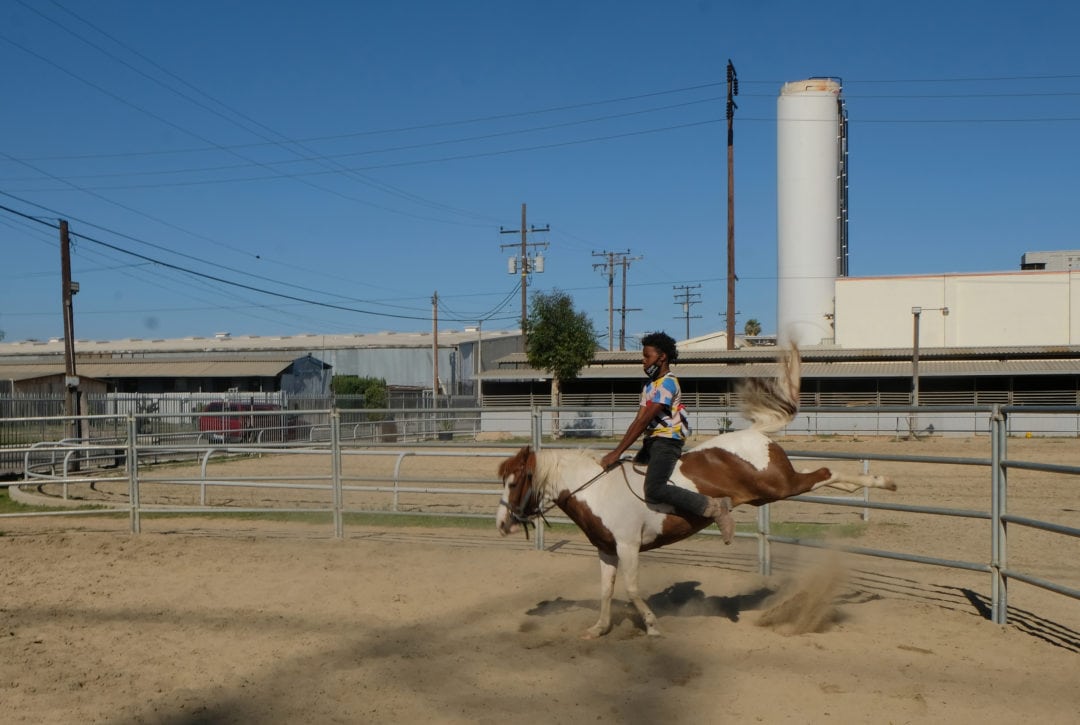
A group of young boys surrounds Semaj, who is riding a horse bareback. “Wanna see a rodeo?” they ask me. The boys take turns trying to mount the mare with no saddle or bridle. Semaj is 13 years old and a natural on horseback.
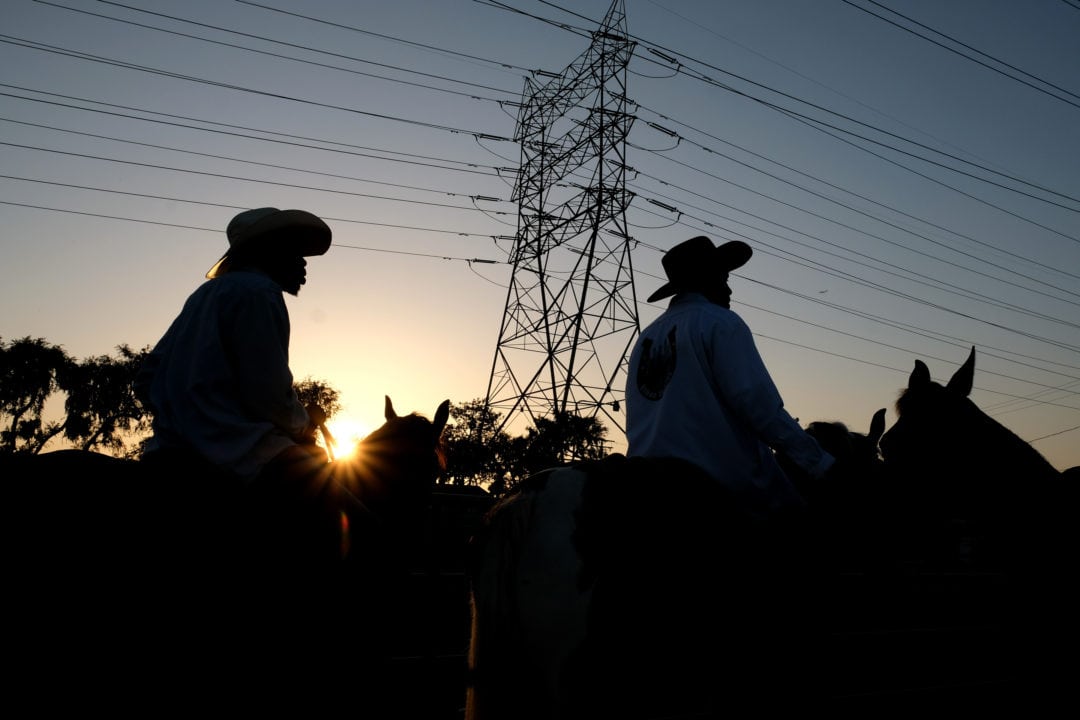
The silhouettes of Jacob and Antoine Ellis, father and son riders, as they head out from the ranch on horseback.
If you go
Urban Saddles‘ ranch is open to the public for riding lessons, special events, and trail rides by appointment only.
